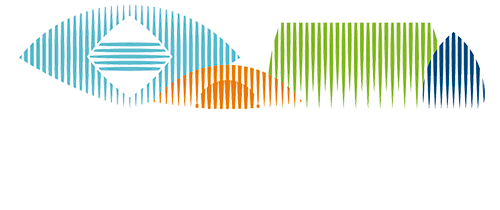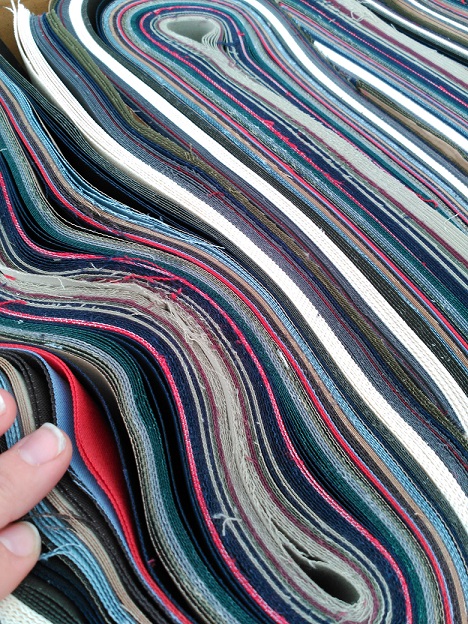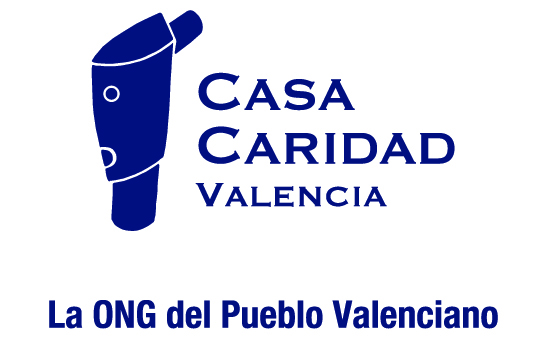Have you ever wondered about the social and environmental impact of a large conference?
EURO 2018 is going to host more than 2500 people. This means thousands of bags, abstracts books, lanyards, notebooks, pens and other conference materials. On top of that, we have thousands of lunch servings for three days and even a larger number of coffee breaks servings.
The Organization Committee has been working hard in order to minimize the social and environmental impact of such a large conference. See all the initiatives below.



